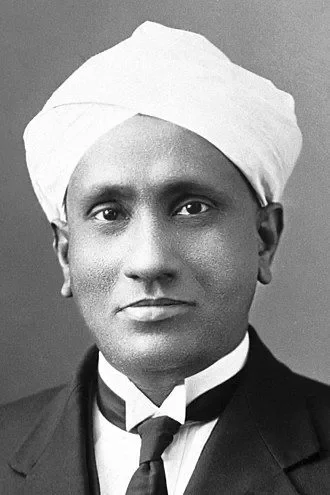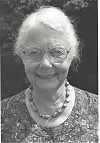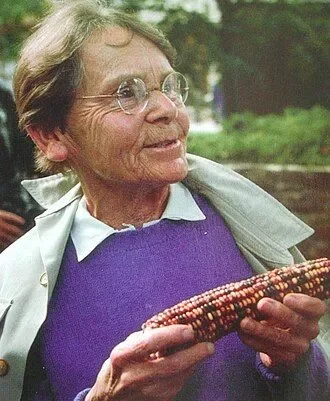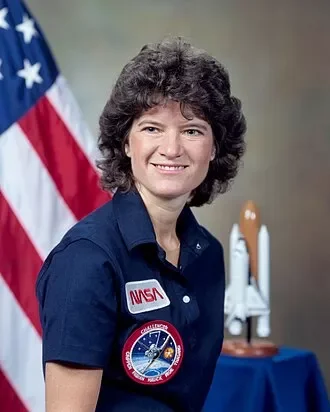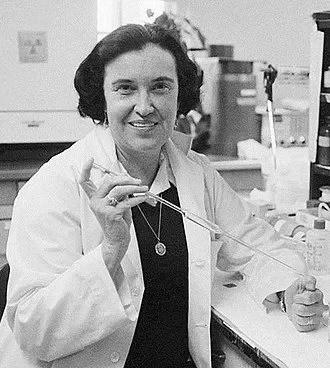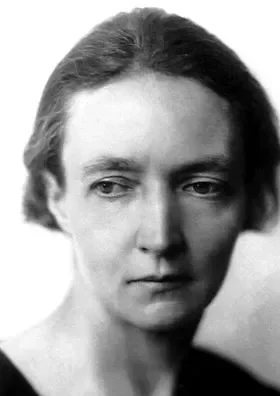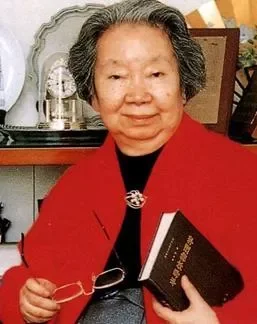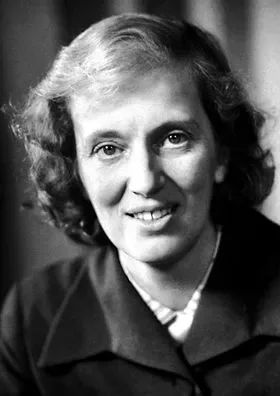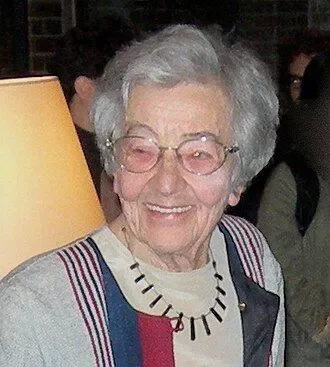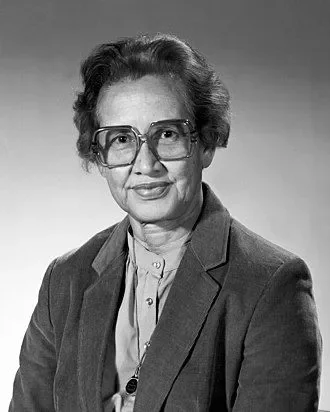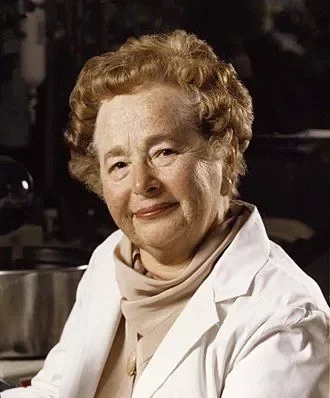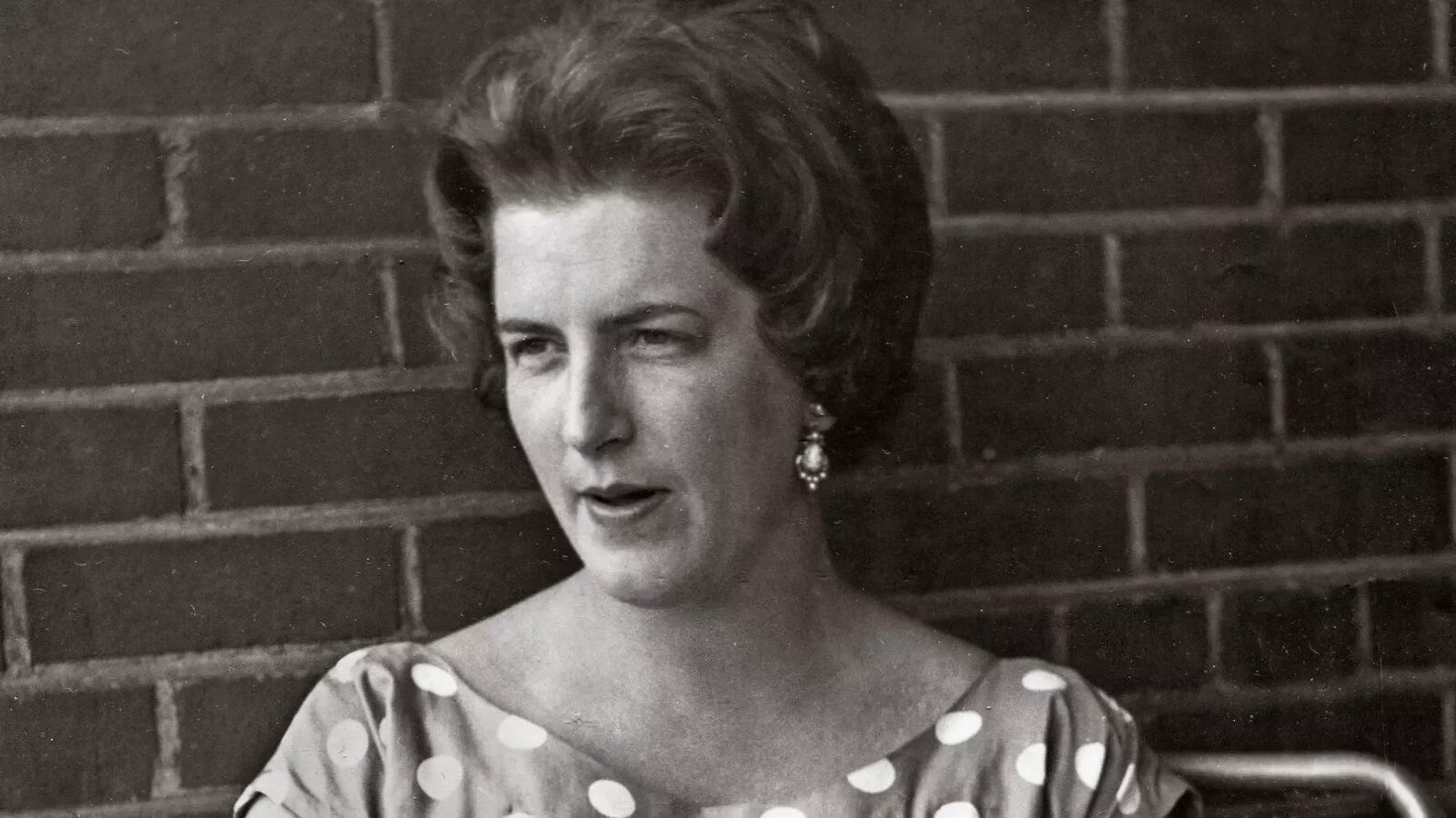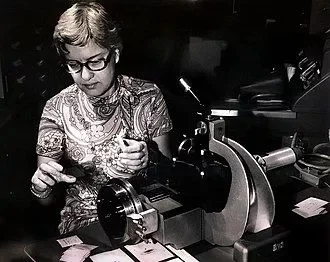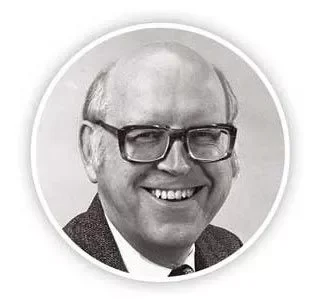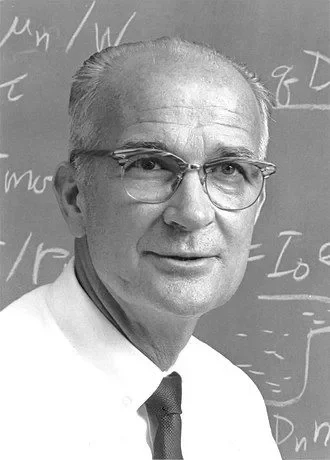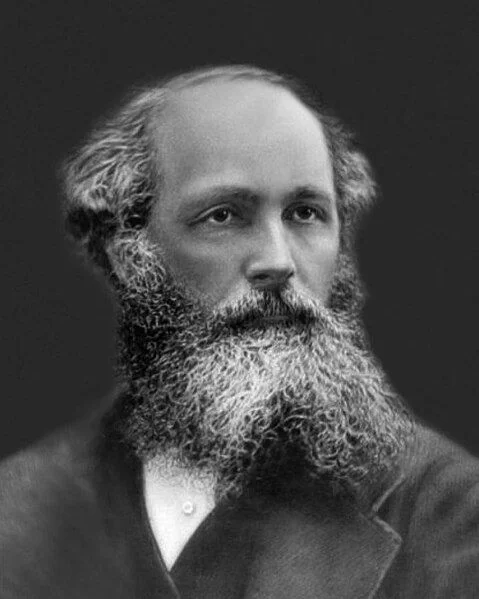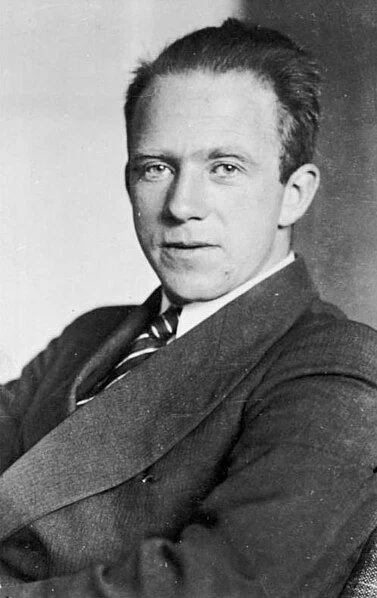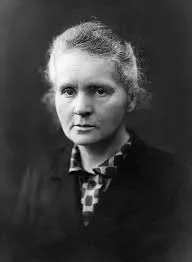Real Celebrities Never Die!
OR
Search For Past Celebrities Whose Birthday You Share
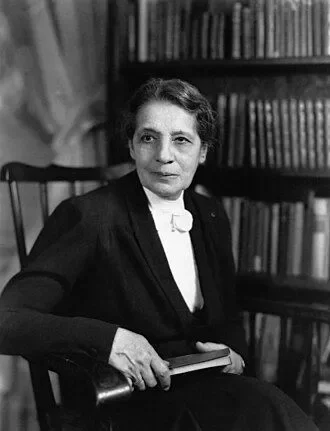
source:wikimedia.org
Lise Meitner
Birthday:
07 Nov, 1878
Date of Death:
27 Oct, 1968
Cause of death:
Natural causes (following a heart attack)
Nationality:
Austrian, Swedish
Famous As:
Physicist
Age at the time of death:
89
Lise Meitner's Quote's
Early Life and Education
Lise Meitner, born on November 7, 1878, in Vienna, Austria-Hungary, was an Austrian-Swedish physicist who made groundbreaking contributions to nuclear physics. Meitner was born into a Jewish upper-middle-class family. Her dad, Philipp Meitner, was a top chess player and a pioneering Jewish lawyer in Austria. From a young age, Lise showed a deep interest in science, keeping a notebook of her scientific observations under her pillow.
Although women in Vienna faced significant educational barriers, Meitner persevered. After completing her secondary education with private tutors, she began her studies at the University of Vienna in 1901. Ludwig Boltzmann and other renowned physicists guided her, leading to her academic success. Meitner received her PhD in physics from the University of Vienna in 1906; she was only the second woman to do so.
Professional Career and Achievements
Following the completion of her doctorate, Meitner relocated to Berlin in 1907. There, she began a long and fruitful collaboration with chemist Otto Hahn at the Kaiser Wilhelm Institute for Chemistry. Their joint efforts led to the discovery of several new isotopes and the identification of the element protactinium in the year 1917.
Meitner’s career quickly progressed. In 1926, she became the first woman to be appointed as a full professor of physics in Germany at the University of Berlin. In this period, her research centered on nuclear physics and radioactivity, both leading scientific fields.
Major Contributions and Impact
Meitner and her nephew Otto Frisch offered the first theoretical explanation of nuclear fission in 1938, which was her most significant contribution. The groundwork for both nuclear energy and weaponry was set by this advance, however, Meitner avoided work on weapons.
Forced to leave her home in Nazi Germany in 1938 due to her Jewish heritage, Meitner’s work continued in Sweden. She stayed in touch with Hahn, who, together with Fritz Strassmann, experimentally verified nuclear fission.
Personal Life and Legacy
Meitner remained unmarried, focusing her life on science. She was a woman of strong morals and humility, and because of this, she declined to work on the atomic bomb during World War II.
Lise Meitner passed away on October 27, 1968, in Cambridge, England, at the age of 89. Her impact on science is enormous. In 1966, she, along with Otto Hahn and Fritz Strassmann, received the Enrico Fermi Award. In 1997, element 109 was named meitnerium in her honor.
Meitner shattered numerous barriers for women in science during her career. She inspired generations of women to pursue science, actively supporting their careers.
Lise Meitner’s life demonstrates the strength of intellect, perseverance, and ethical conviction when facing hardship. Her work in nuclear physics has significantly advanced our knowledge of atoms and remains influential in modern science.
Name:
Lise Meitner
Popular Name:
Lise Meitner
Gender:
Female
Cause of Death:
Natural causes (following a heart attack)
Spouse:
Place of Birth:
Vienna, Austria (then part of Austria-Hungary)
Place of Death:
Cambridge, England
Occupation / Profession:
Personality Type
Logician: Innovative inventors with an unquenchable thirst for knowledge. Meitner’s deep curiosity, logical approach to complex problems, and preference for intellectual pursuit over public recognition suggest an analytical, introspective personality.
Albert Einstein called her “our Madame Curie” for her scientific prowess.
Escaped Nazi Germany in 1938 with just 10 marks in her pocket.
Refused to work on the Manhattan Project, saying, “I will have nothing to do with a bomb!”
She was the second woman to earn a Ph.D. in physics from the University of Vienna (1906).
Awarded the Enrico Fermi Award in 1966 (shared with Hahn and Strassmann).
Co-discovered nuclear fission in 1938.
Elected a Foreign Member of the Royal Society in 1955.
Element 109, meitnerium, named in her honor in 1997.
Received the Max Planck Medal in 1949.

